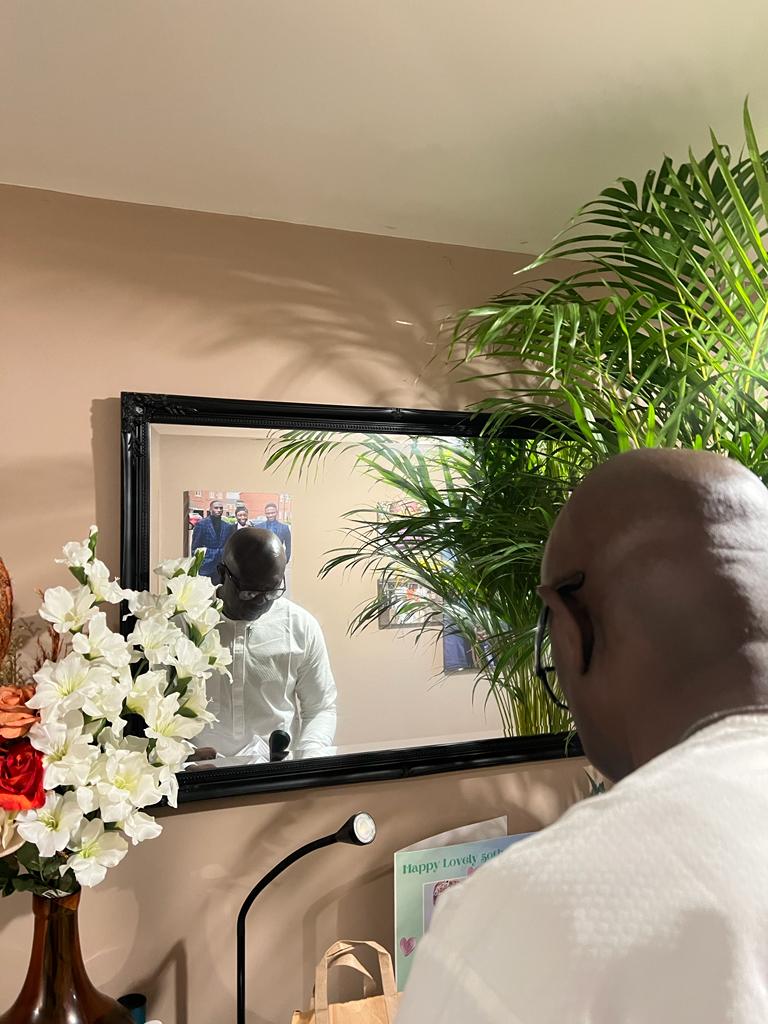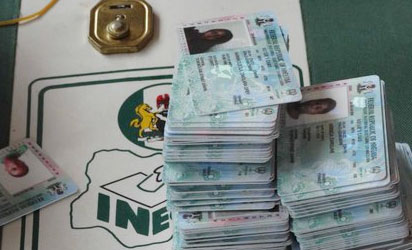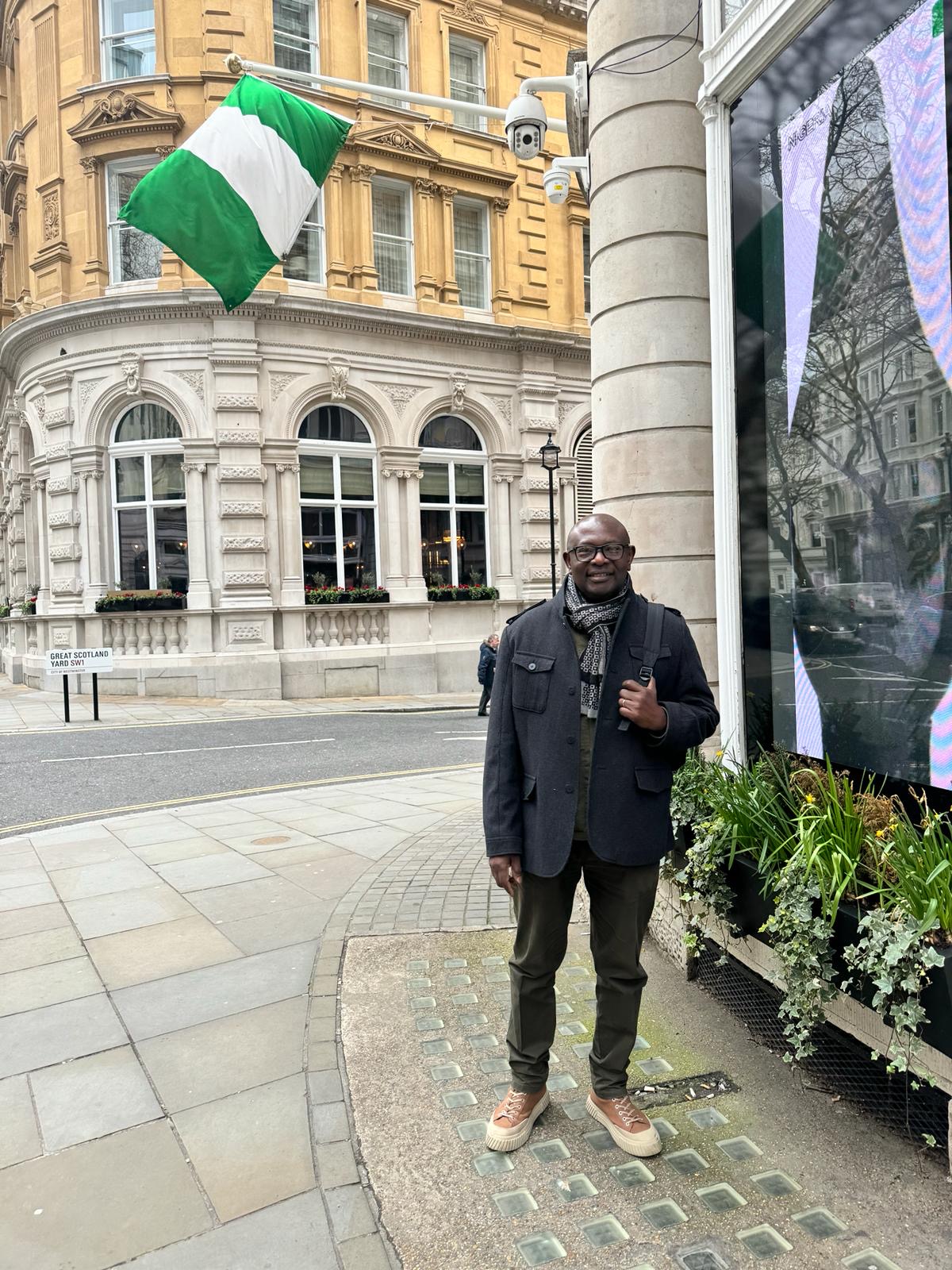By Morak Babajide-Alabi
In a few weeks, Nigerians will file out to vote in the 2019 General Elections. The elections would give the citizens the opportunity to choose leaders they think are best to direct the affairs of the country for the next four years. Voting leaders to offices in any part of the world are not handled with kids’ gloves, but in Nigeria, it is extra hard work.
If you are in doubt, do a bit of research into the lives of the individuals who have had the “honour” of presiding over the conduct of general elections in the country. After they are “used” and thoroughly “spent”, most of them retreat to villages to enjoy peaceful lives. A few are too scared to even recount what they went through in the hands of politicians, military rulers and members of the public.
Organising elections in Nigeria may be difficult, or the recurrence broken intermittently in the past, the good news is that for the past 20 years, we have managed to hold successive general elections. On February 16 and March 2, 2019, registered voters will line up again to “decide” the direction the country will travel in the next four years. On these dates, elections for the Presidential, National Assembly, Governorship and States Houses of Assembly will hold.
Nigerians will equip themselves with two “weapons” – the Permanent Voter Cards (PVC) and their thumbs. Ideally, with these two, they should be able to determine the fate of the good and bad politicians. But some Nigerians are always willing to sell their “birthright” for a mess of pottage.
Since the commencement of the political campaigns in November, as scheduled by the Independent National Electoral Commission (INEC), the politicians have been doing what they do best. Some of them have travelled the length and breadth of the country to sell themselves and their parties to the electorates. To be honest, in all the travels, the big bands, the speeches on the big stages there is the noticeable absence of manifestoes across the political parties.
In the long run, who cares about manifestoes? The masses do not give a damn. They rarely bother these politicians to demand how they plan to implement their big sounding plans. You would not blame them, as they do not understand they have roles to play to ensure only visionary leaders are presented for elections.
The politicians have mastered the art of getting into the hearts of the electorates to get their votes. Who needs a manifesto when the political parties can make promises to different sections of the electorates depending on their situations? What is the use of a manifesto when a politician can assuredly promise the construction of a four-lane expressway if he is voted to power? A manifesto is useless when a politician can promise free education or free health system without any plan.
Enough said about the manifestoes. The Nigerian Electoral Act states – “… the period of campaigning in public by every political party shall commence 90 days before polling day and end 24 hours prior to that day.” There is the belief that the electorates need clear heads to make decisions on whom or which political parties they will vote for.
While the political advertisements and campaigns cease during this period, this is the time Nigerian politicians show their deftness. We cannot feign ignorance of the fact that this 24-hour period is when the vote buying, cash inducement and all sorts take place, in preparation for the elections. This is the period the electorates are plied with alcohol, gifts of foodstuffs, ankara, etc. to make them surrender their “thumbs” to the highest bidder.
The night before the election is when the results of the polls are “written”. Although no “political campaigns”, the electorates are in wait for the nighttime visits of the politicians and their agents. This is the period the electorates trade the value of their PVCs. It is dangerous to miss this opportunity as a second will not come until a cycle of four years is completed.
Some political agents are more strategic than others. They wait patiently for the voters to form a queue at the polling stations before enticing them with the goodies. This last-minute strategy has changed the direction of many elections. The Ekitis can write a “concordance” on the effectiveness of this strategy from their experiences in the state’s gubernatorial elections.
As long as the electoral “goodies” are delivered, no one really cares what time of the day or night they come. It is after the exchange of the “gifts” that we confidently say we are participating in the electoral process.
The coming elections will be very interesting as the high number of contestants is competing for space in future Guinness World Records. Professor Mahmood Yakubu, the chairman of INEC was quoted recently as saying that “at the end of the period for the substitution and withdrawal of candidates for the presidential election, a total of 73 political parties have now filed their nominations.”
You may think this is crazy, but remember that not all the registered political parties have fielded candidates. Imagine if the 91 political parties have all presented candidates. A number of the
presidential candidates have no hope in this life of winning their wards, talkless of the general elections. The beauty of democracy is in numbers when all and sundry project themselves as leaders in the hope the electorates will see their innate qualities and vote them in. For some of these candidates, they are merely on fantasy trips.
A few past Presidential elections might have thrown up third forces such as the Peoples Redemption Party (PRP), All Progressives Grand Alliance (APGA), this time around it is unquestionably a two-horse race between the incumbent All Progressive Congress (APC) and the People’s Democratic Party (PDP). The likelihood of a “third” horse in the coming elections is as distant as Huddersfield Town A.F.C winning the English Premier League. Let us not waste time on the probabilities.
It is heart-warming that a few of these Presidential candidates have come out on ideological principles. This definitely portends good things to come in the future. In an ideal society, these candidates would have been leading in opinion polls, but for the electorates, “ideology is not money”. The political system and lack of awareness on the part of ordinary Nigerians always ensure none of the best materials gets the platform to present their ideas.
Some of these candidates are what Nigeria needs to move forward. But for them, leading the country may eventually be a lifetime unattainable project. We are, instead, contended with the re-circulation of old and tired men and women. This is the undoing of many otherwise great countries across the entire African continent.
Two “recycled” horses are leading the pack in the presidential elections, but it is clear who the winner will be. We need no prophet to forecast that Abubakar Atiku, PDP, will need a billion Obasanjos to defeat the incumbent President Muhammad Buhari of APC. While both of them are more or less dead woods, Atiku is clearly a damaged “good” than the slow coach Buhari.
Fast forward May 29, 2019.
Published in the Diaspora Matters column of the
Sunday Vanguard, December 30, 2018.







